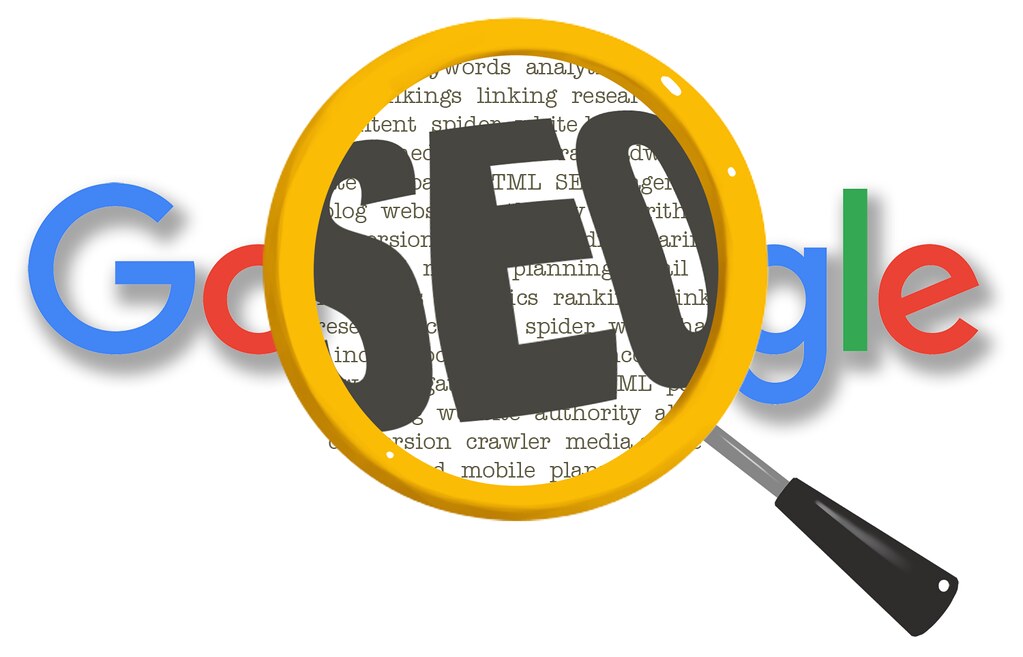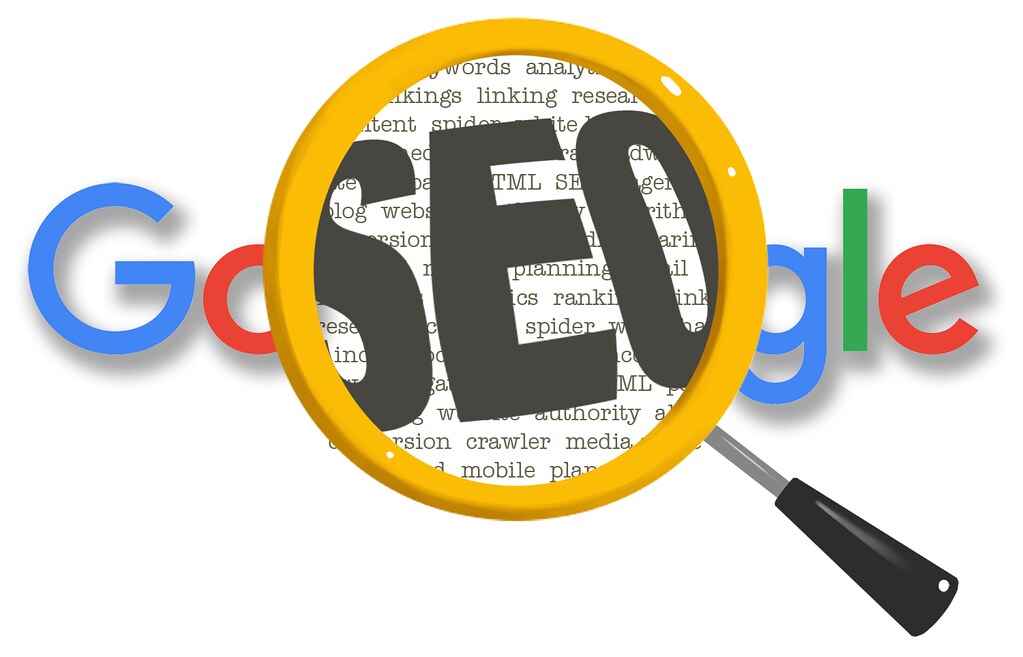There are so many websites on the internet and it is increasing by the day. Then how the results that are shown on the first page of a search engine selected? Do websites have to pay for appearing on the first page of results? Can organic websites find a place there too? To answer these questions, we need to understand the concept of Search Engine Optimization or SEO.
What is SEO and how does it work?

SEO is a process by which you increase traffic for your website’s organic content. Optimizing your content for search engines makes it easier for them to understand what the content is about so that they can produce it when it is searched for.
So, the more your content and website are optimized for search engines the better chance it stands to appear on the first page of search results.
While this sounds very easy, there are a lot of details that are going on behind SEO.
How do search engines rank websites?
Just like websites need the traffic to grow their business, search engines also need more people to search using them for their business. So, if they keep throwing ads instead of informative content, people will start losing trust in the search engine and shift to another.
Search engines try to ensure that people get the proper answer for what they are looking for so that it can keep the trust of its users. To do this it looks across all the websites available and figures out what could be the best possible solution. Then it displays those results on the first page. Of course, there are some paid ads popping on the first page, but it is the organic content that takes up most of the first page results.
Components that search engines look for while ranking websites:
You have to be aware of the major components that the search engine takes into account for the ranking. Only then you can properly carry out SEO for your website.
Search engines like google could use more than 200 different factors in its complex algorithm. While it might not be possible for us to look into every one of them, we can look out for the major components that will have an impact on your website ranking.
1. The relevance of your content:
The search engine looks at how relevant the content is for a given search. For this, it looks into the ‘Keywords’.
Yoast SEO defines a keyword as ‘a word that describes the content on your page or post best.’ For what search term you want your page to rank for? That search term is the keyword for your content.
So, every content on your website should have properly defined keywords for your website to rank.
There are many other details involved in keywords like keyword length, popularity, competition and so on that will affect the ranking. That will be a whole other article. But for now, the following is what you need to understand:
Action for SEO: Define keywords for each of your posts depending on what people are likely to look for and sprinkle those keywords all over the post. Do not overdo it.
Remember, you have to rank for keywords people are actually searching for, not what you think is a good keyword. So, you have to do keyword research to find out the popular search terms.
2. The usefulness of your content:
Search engines have to ensure that they provide value to the customer. So, they prefer to give them an overall, well-rounded solution for their searches than bits of information. For this, they prefer the content of around 2000 words. At least your content should have 500 words. Less than that could be deemed useless by the search engines.

This data from Backlino.com shows that long-form content appears at the top of search results. This is because search engines think that the longer the post, the more comprehensive the solution provided.
Action for SEO: Write long-form content of about 2000 words over short-form content whenever possible.
3. The authority of your content
Another question that the search engines ask before ranking your site is how reliable is your website?
There are two components in this: domain authority and page authority. There are a lot of details that go behind domain and page authority, here are some of those:
- Backlinks to your website from other websites
- Quality of those backlinks
- Quality of the content
- The popularity of your domain
Action for SEO: Create quality content that the other websites could use for their content. So, their content will link it back to your website.
4. Other factors
Many other factors are used by search engines to rank websites. Optimizing your website and content for it will help your website ranking.
- Speed of your page
- Ease of reading your content
- Subheadings, small paragraphs, and images.
- On-page SEO optimization
- Integration of keywords in headline, sub-headings, and body.
- Fresh and comprehensive long-form content (500-2500 words).
- Inbound links to your own site.
- Outbound links to other authoritative sites.
- Time people spend on your page (bounce rates).
- Optimization for multiple devices.
Strictly following SEO practices while providing solutions for users is what will make search engines display your website on the first/ second page of results. While it may seem like a cumbersome process in the beginning, as you get used to it, it will come easily to you.
Hope you found this post on SEO useful. Share it with people who might benefit from it.
Have any question about this post or what are your thoughts? Please share then below.







This is really helpful
I am learning about SEO as I build my site and this has given me some really informative and much-needed info so thank you
Awesome. I am thrilled you are learning about SEO. As you already know, Search Engine Optimization is misunderstood and full of mystery. However, when you apply the techniques to gain top search rankings in Google, Bing or Yahoo, you’ll be rewarded for your efforts with lots of traffic. The more you learn how SEO works, you will quickly realize that the process is much easier than people make it out to be.